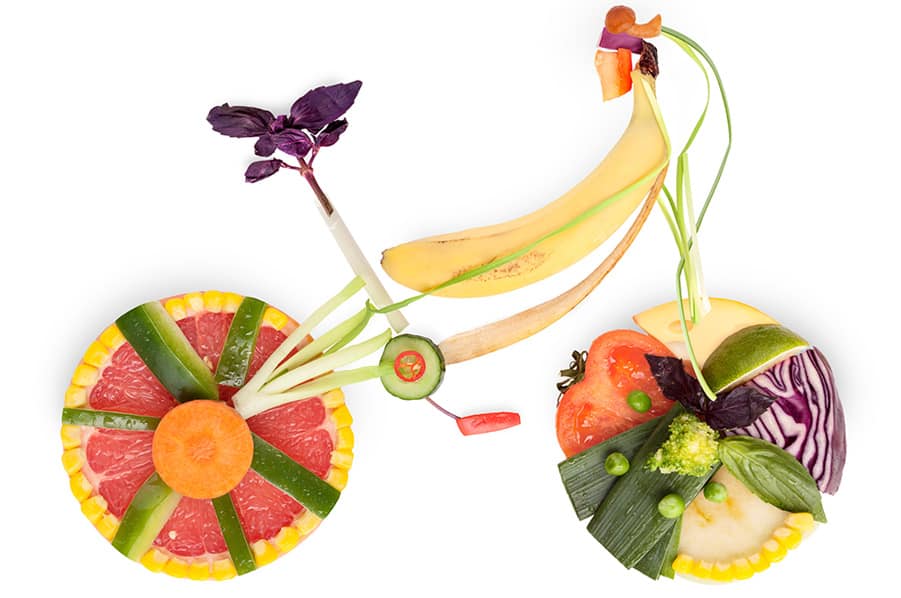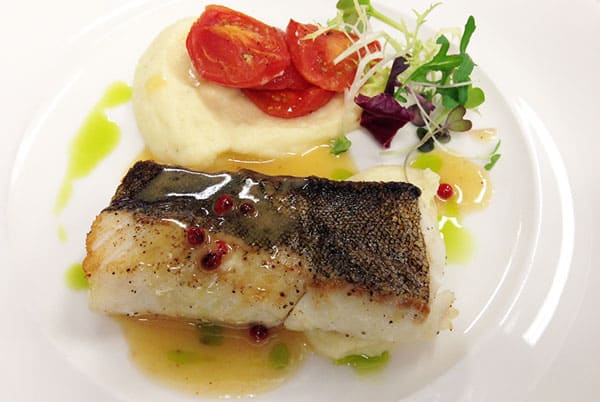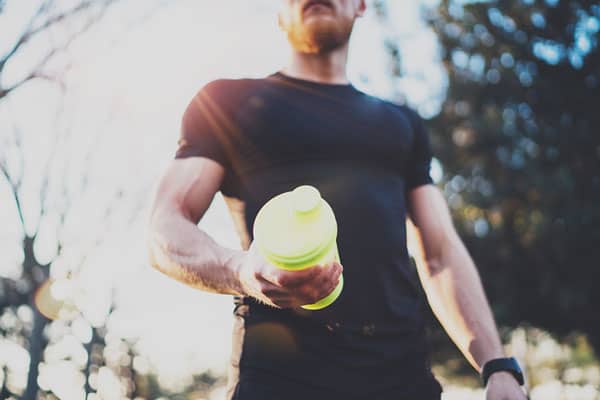By: Daniel Atlas from his blog RYDOZE
Cycling is a seriously fun sport that can call for some serious fueling. 
While proper nourishment is essential for any successful athlete, cyclists especially require high amounts of energy to power their bodies through long rides. Fueling and refueling with the correct nutrition will help you bike harder, faster, stronger, and further!
How Much Fuel Will You Need?
How much fuel your body needs will differ depending on a few factors such as the length or difficulty of the ride.

As A General Rule, the American College of Sports Medicine recommends 30-60 grams of protein per hour of exercise. The needs and limitations of our bodies can fluctuate on a day-to-day basis.
Some Days, our bodies have seemingly boundless energy whereas, on other days, it’s apparent that they require more rest. It’s always important to check in with the needs of your body before a ride.
Ultimately, everyone’s bodies work differently and some fuel sources will work better for some people than others. Some athletes prefer to train on a more of an empty stomach, while some prefer to have a little more fuel in the gut.
Experimenting with your fueling routine can help you discover what works best for you.
But, make sure to keep your routine consistent before/on a long ride or race day!
While experimenting with your exercise and diet routines, you may find it helpful to keep a log of what you ate before/after a ride and how it made you feel.
It Starts Well Before Your Workout
Getting enough sleep is essential to any training plan–physical or mental. It is especially crucial before a long ride or race.
Eating too late at night can disrupt your digestion and the quality of your sleep so make sure to have dinner at an appropriate time.
Also, for ease of digestion, it is recommended to watch your fiber intake and to stay away from extremely spicy foods.

Avoid red meat which can be hard to digest. Try to stick to lighter proteins such as fish or chicken.
If you’re feeling restless and looking for something to help you sleep before a ride, you may want to opt for a single nightcap. But, if you’re going to have a drink–stick to one. Too many servings of alcohol can quickly become counterproductive.
When it comes to hydration, it’s best to start focusing on drinking enough fluids 24 hours before your ride.
Hydrating over time like this, rather than trying to drink an excess of fluids the day of, will help to hydrate your body fully and prevent unnecessary bathroom stops during your ride.
It is smart to eat a carb-rich diet of something such as potatoes, rice, or pasta the night before. But, the concept of ‘carb-loading’ is outdated. Our body can only store so much energy at one time so there is no need to go overboard on carbs–just eat a full, well-balanced meal.
THE MEAL BEFORE YOUR RIDE
It’s best to consume a carbohydrate focused meal that’s low on the glycemic index (GI) before you ride.
Carbs that are low on the GI will release slow, steady energy throughout your ride.
For more information about the glycemic index and to locate a list of low Gl foods, CLICK HERE.
In Cycling Weekly’s YouTube video: Five foods you should NEVER eat before a ride, two experts explain how foods high on the GI burn quickly in your body–similar to the way a piece of paper would burn in a fire.
Whereas, foods low on the GI will fuel your body in a way similar to how a log would burn in a fire–causing a slow, steady release of energy.
Consuming protein causes amino acid creation which slows down the digestion of carbohydrates causing you receive less energy.
As you exercise, blood moves away from your stomach to your muscles.
If the energy-rich carbs you consumed are stuck sitting in your stomach, they won’t do your muscles much good.
It’s best to make sure you are consuming carbs your body can actually digest and utilize during your ride.
WHAT SHOULD YOU EAT AFTER YOUR RIDE?

Cycling is a demanding activity and your first priority after finishing a ride should be to replace lost fluids.
A sports recovery drink can be an effective way to kick-start muscle replenishment. Aim for drinks that have both carbs and protein.
Eating the proper foods after your ride is essential to repair those hard-working muscles and replenish all the carbohydrates you burned up!
The amount of nutrition you will need after each ride will vary depending on its length and intensity.
An intake of both protein and carbohydrates is critical for recovery. A lean protein such as fish or chicken paired with a carbohydrate such as rice, fruit, and/or plenty of veggies makes for a mean recovery meal.
Aim for at least 20 grams of protein in your recovery meal.
The exact, necessary amount of protein per person varies. It’s sometimes easy to assume that more protein is better but it is unnecessary to consume more protein than your body can process.
For the best recovery results…eat a full, well-balanced meal within an hour of finishing any strenuous workout.
Don’t rely on hunger as a cue to refuel during or after your ride. Make sure to be monitoring your energy levels in and out and refueling accordingly.

